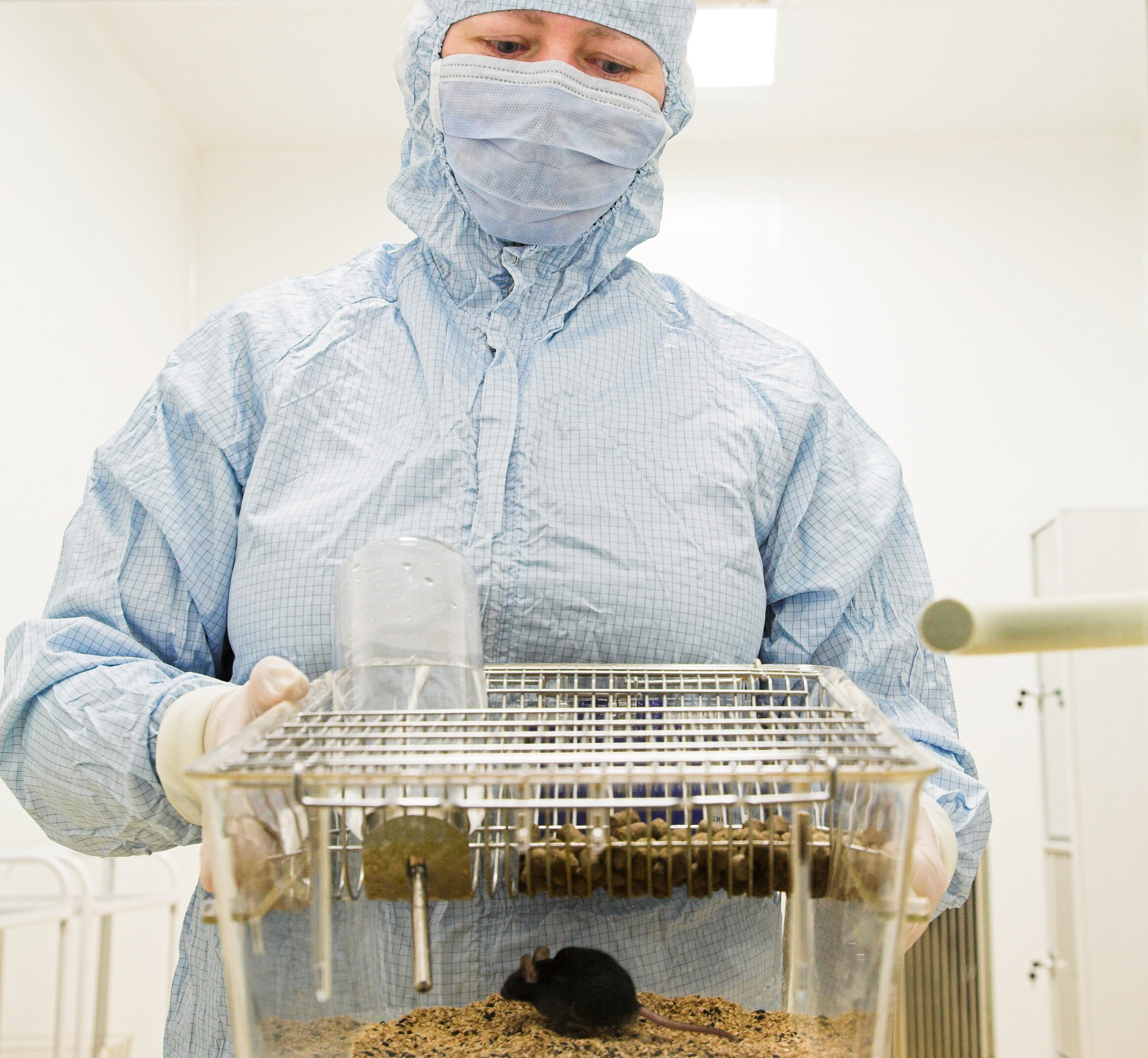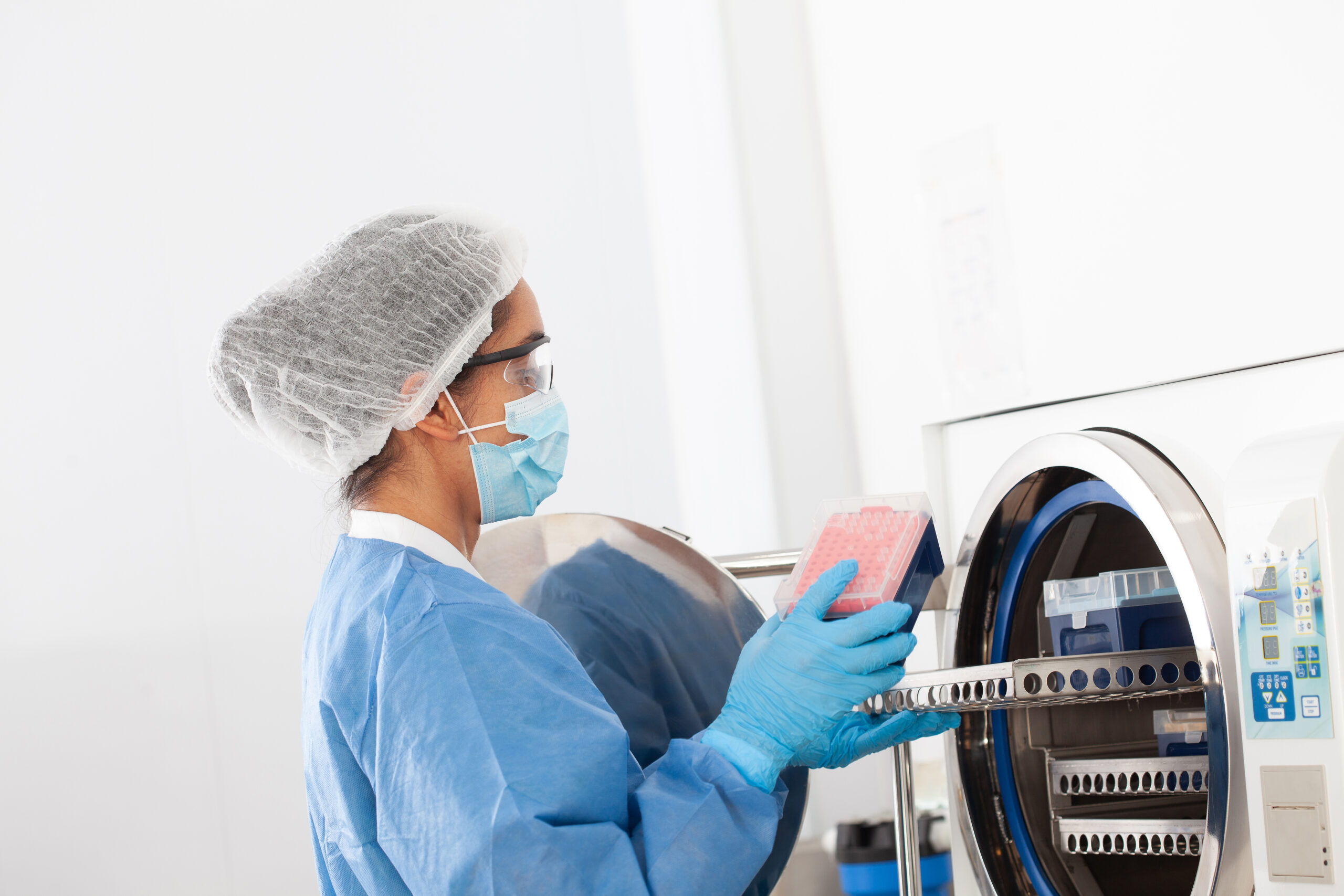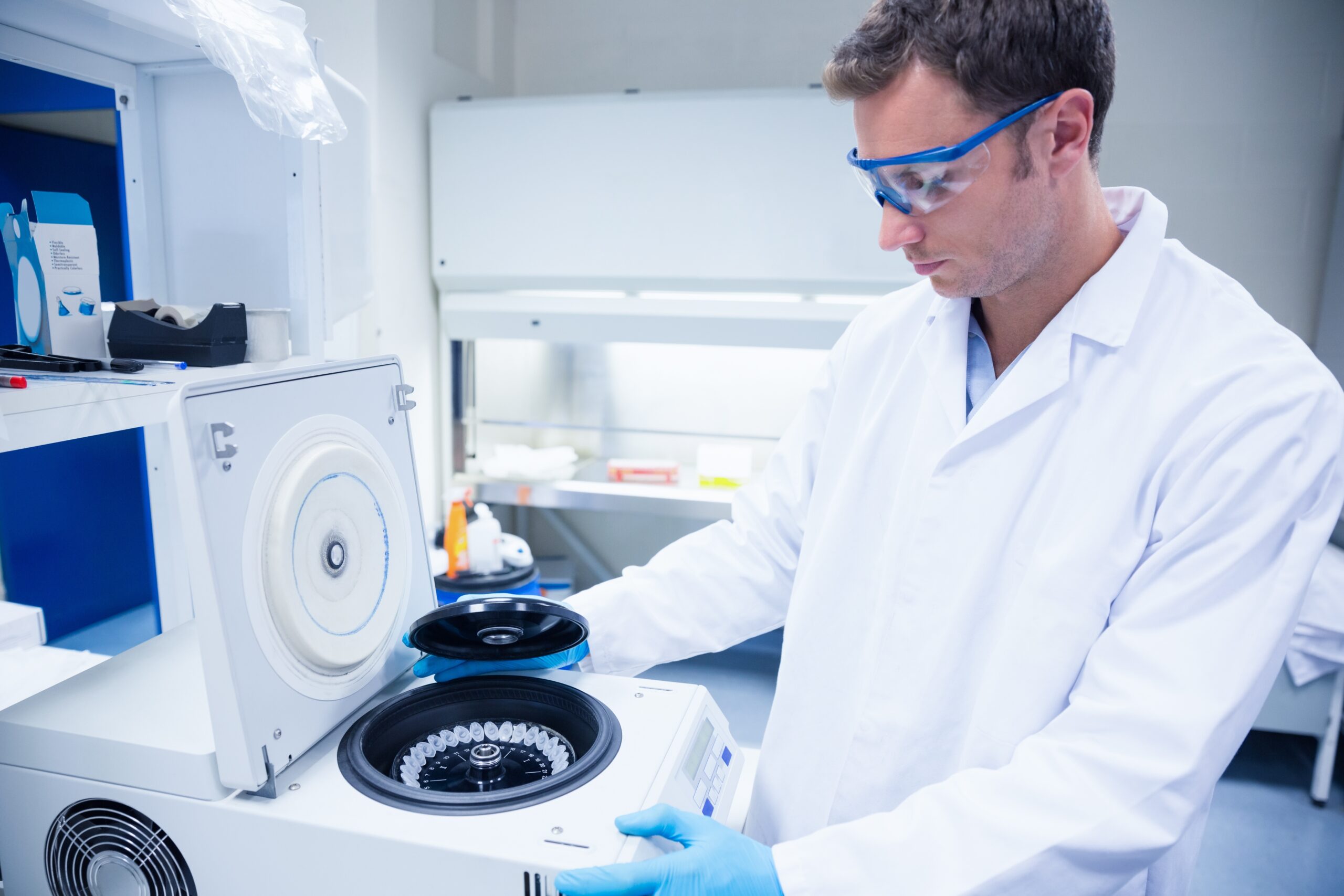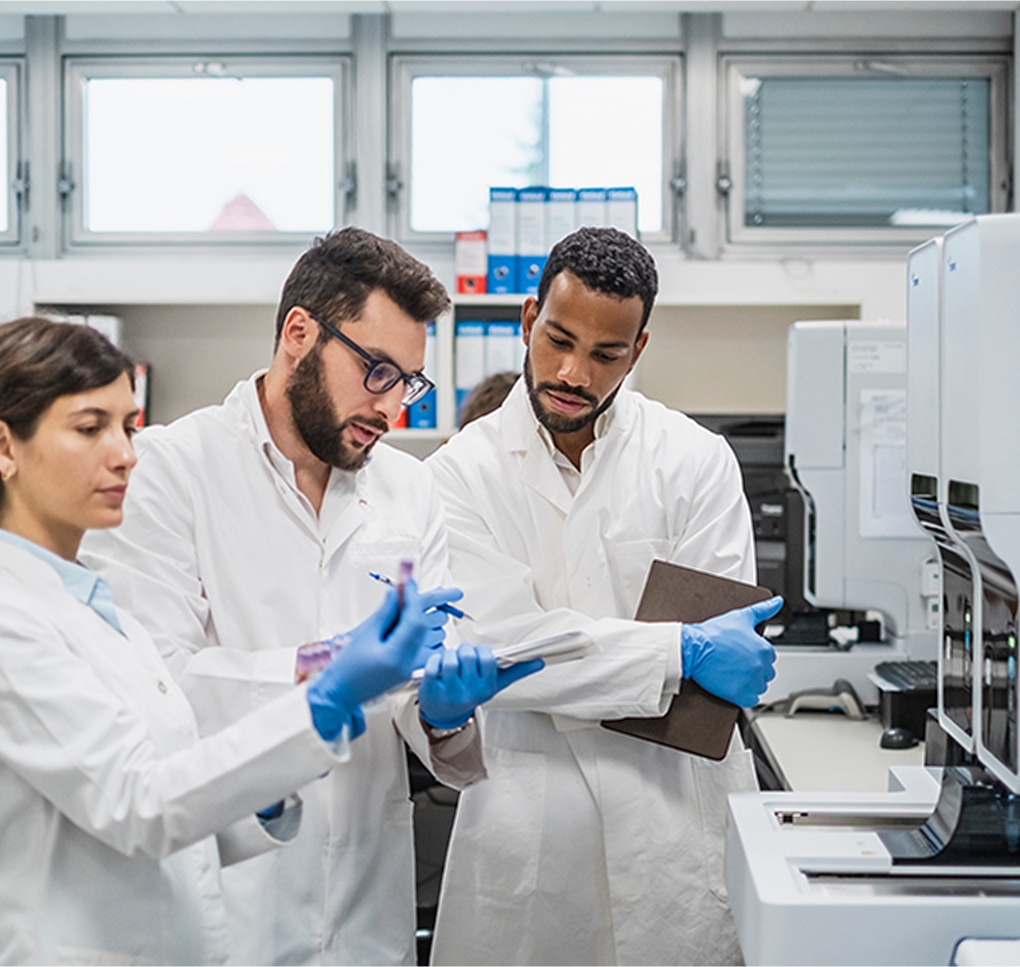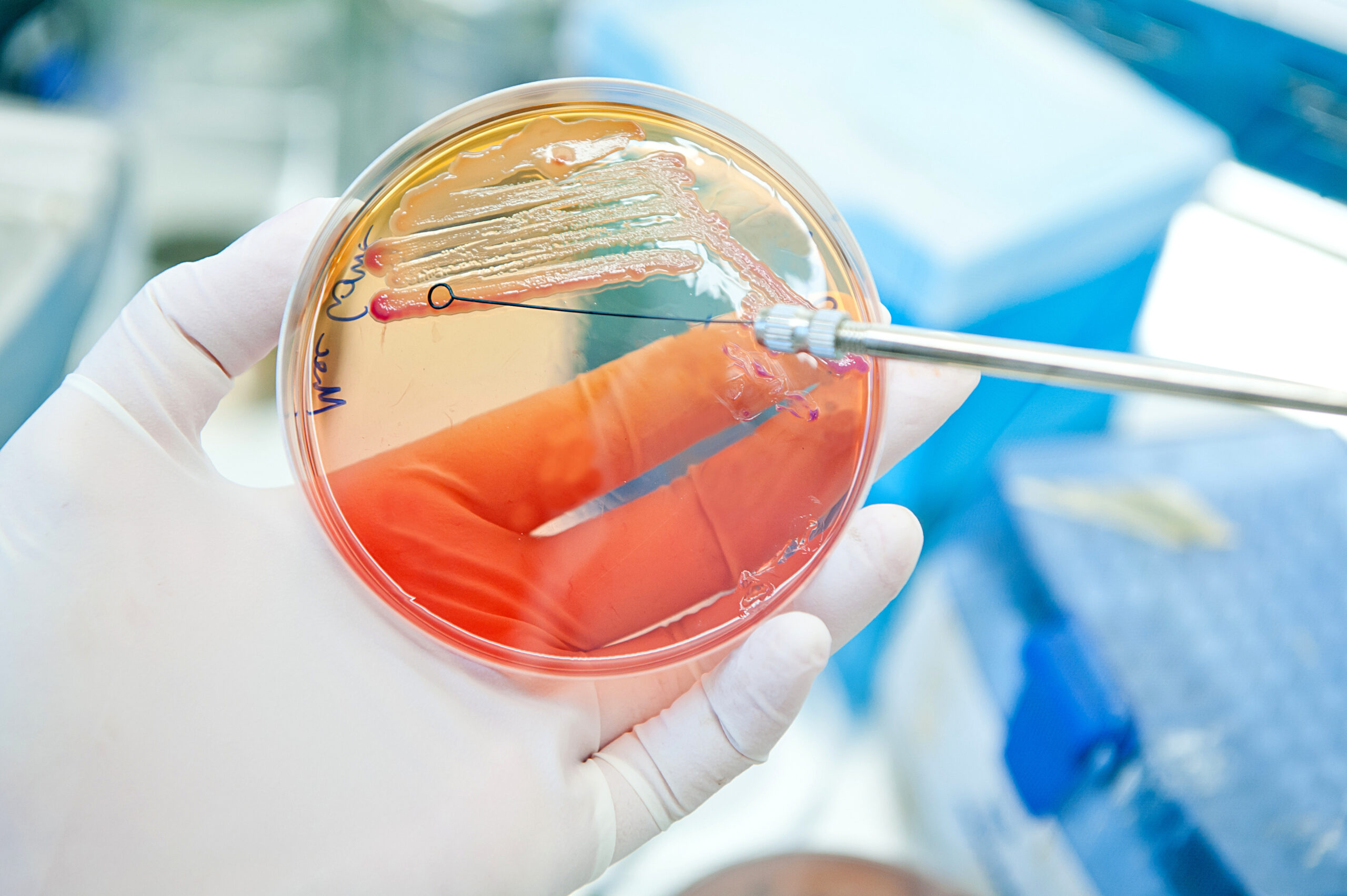I’m interested in …
Working in a lab to discover new medical treatments
Careers in lab research offer opportunities to explore scientific questions, conduct experiments, and contribute to advancements in fields like medicine, biotechnology, and environmental science.
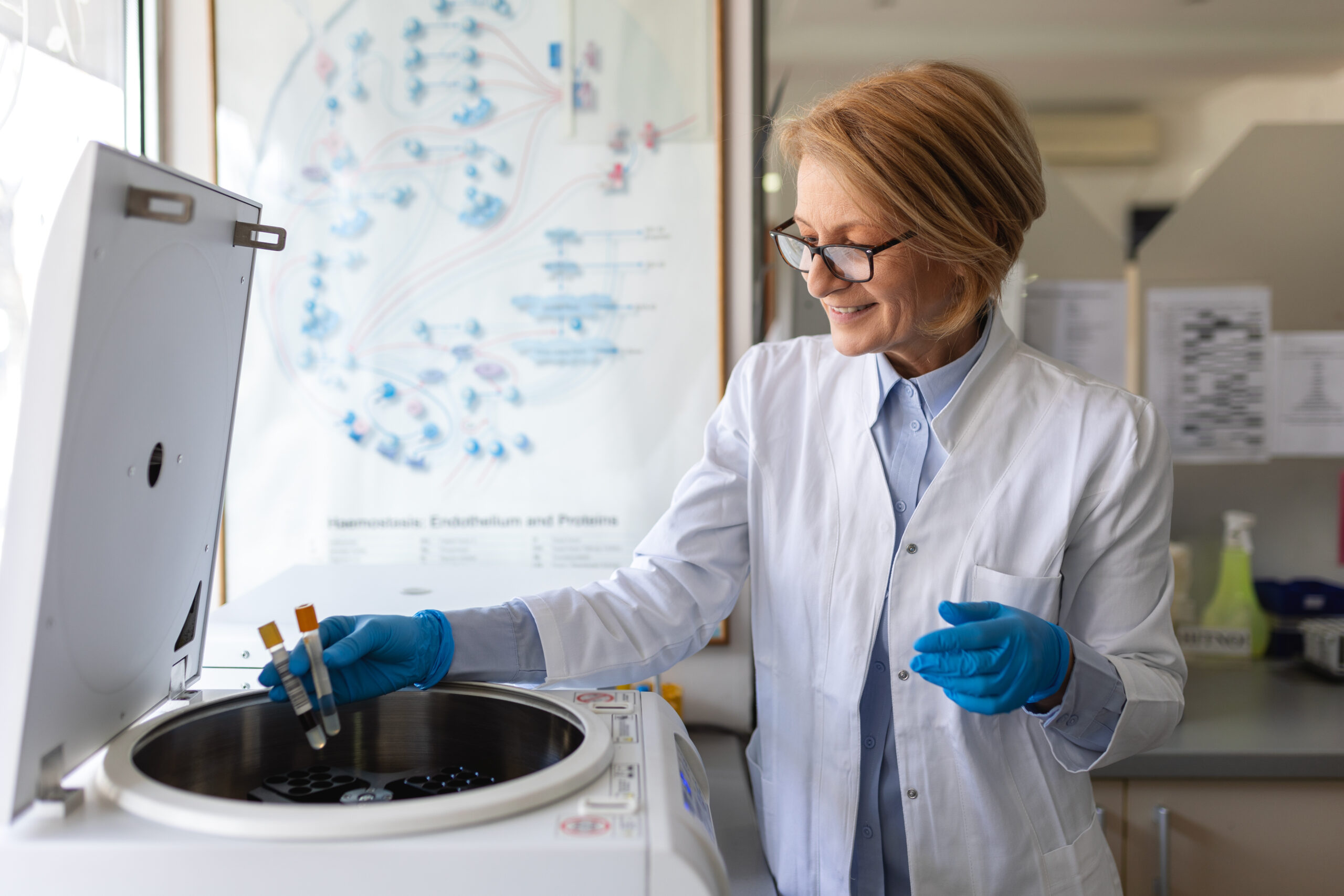
People who work in Research and Laboratory Careers
- Design and carry out tests in a scientific laboratory using special equipment and cells or animals.
- Are involved in designing, executing, and interpreting experiments, and maintaining scientific equipment. Often this work is part of research and development (R&D).
- Require a science background, good laboratory skills and an analytical mind.
- May work at a University, Research Hospital, Contract Research Organization (CRO), Biotech or Biopharma Company
Insights from Lab Research
Highlighted Careers
-
Animal Care Technician
-
Lab Operations Assistant
-
Lab Technician
-
Quality Control Associate
-
Lab Manager
-
Research Associate
-
Microbiologist
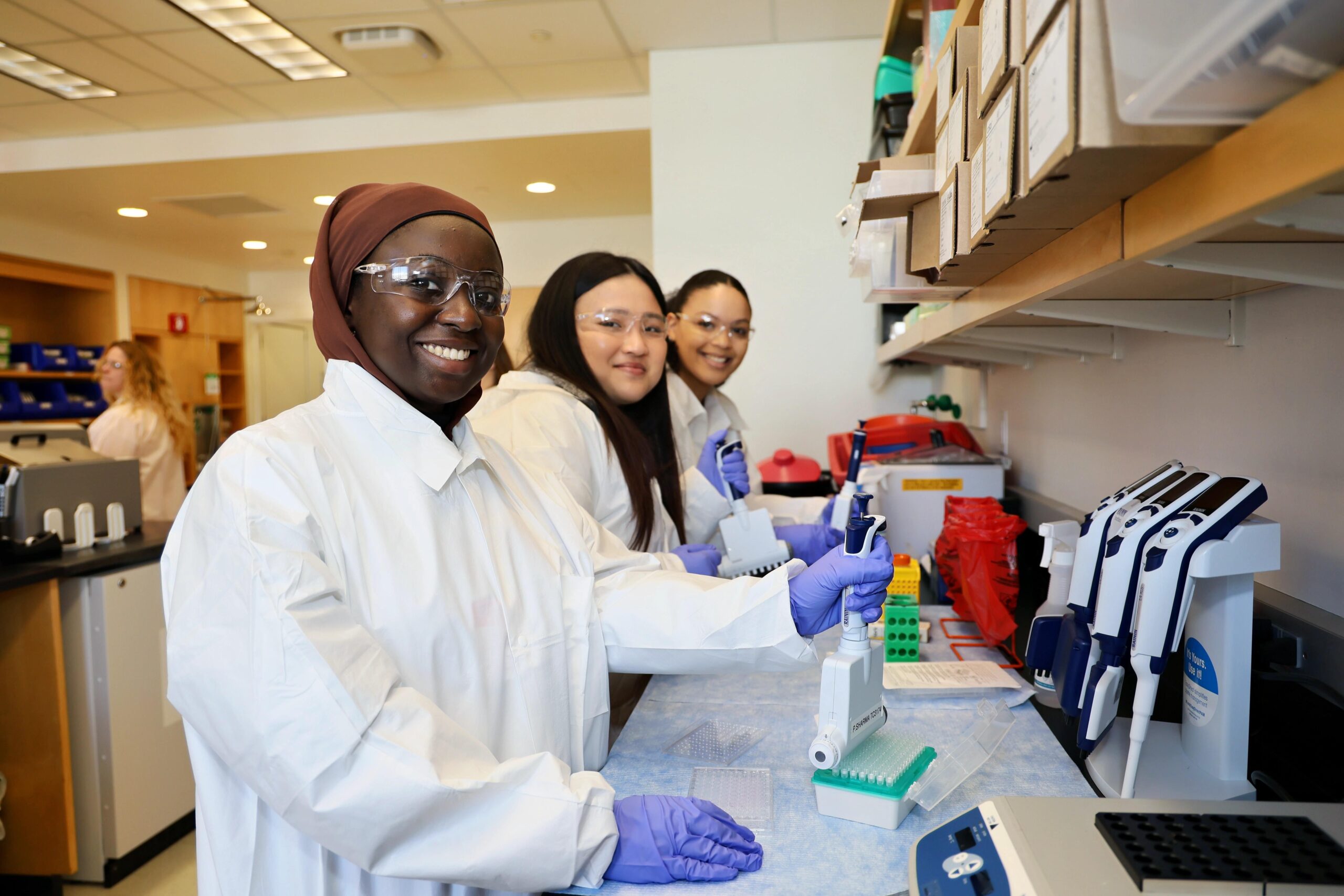
Navigate your Pathway
Depending on your background, you may need to gain specific knowledge in life sciences. Explore degree programs or job training opportunities that will provide you with a deeper understanding of your chosen field.




